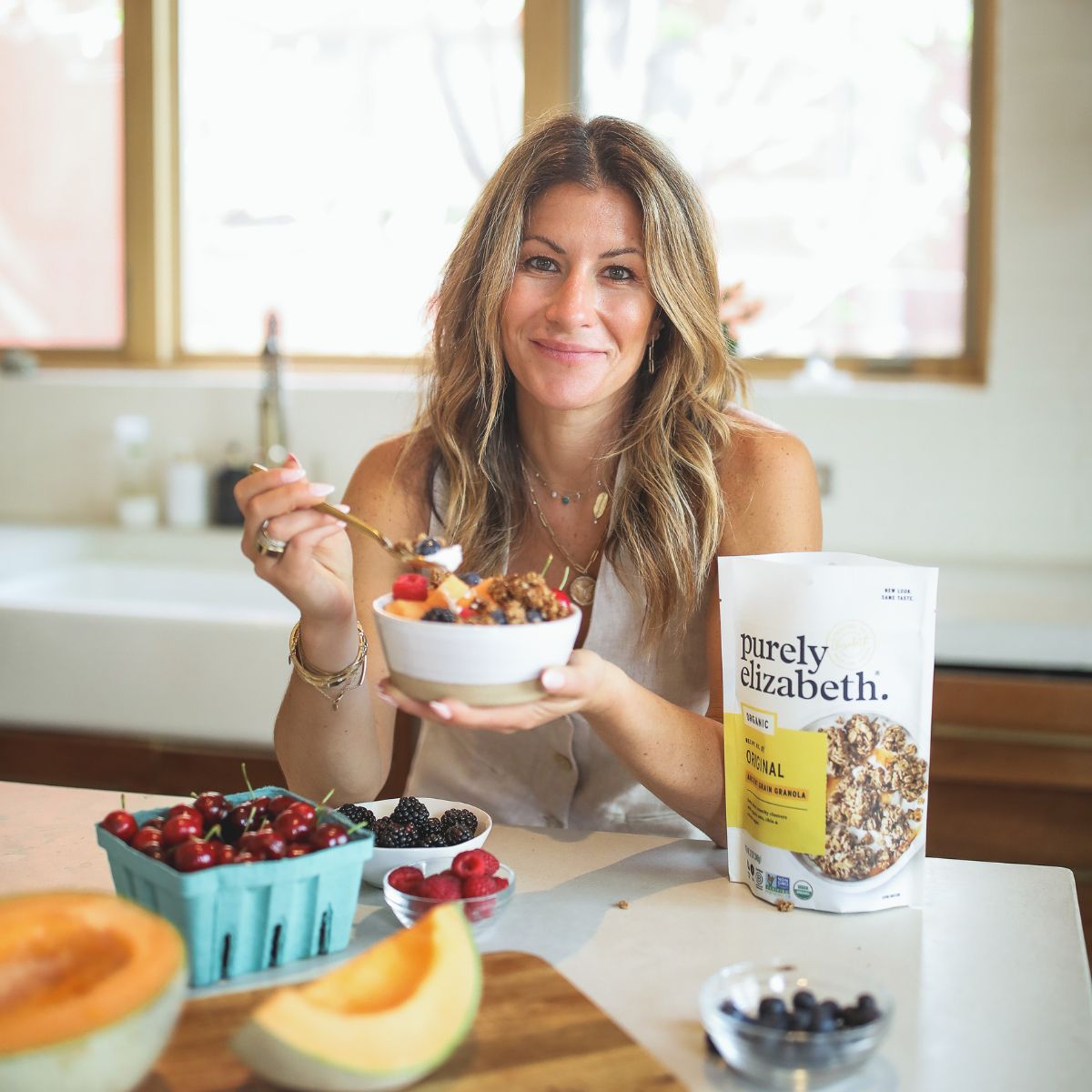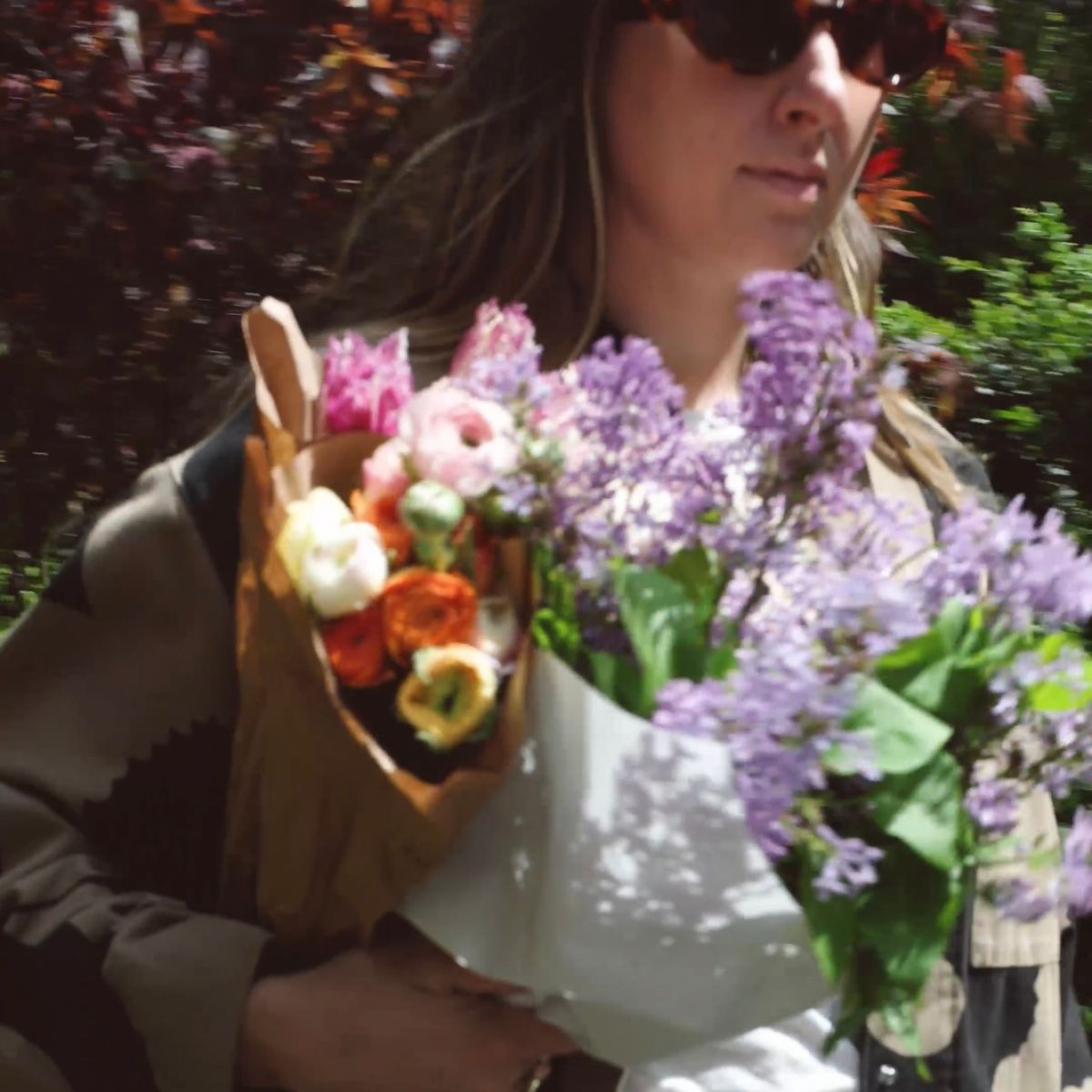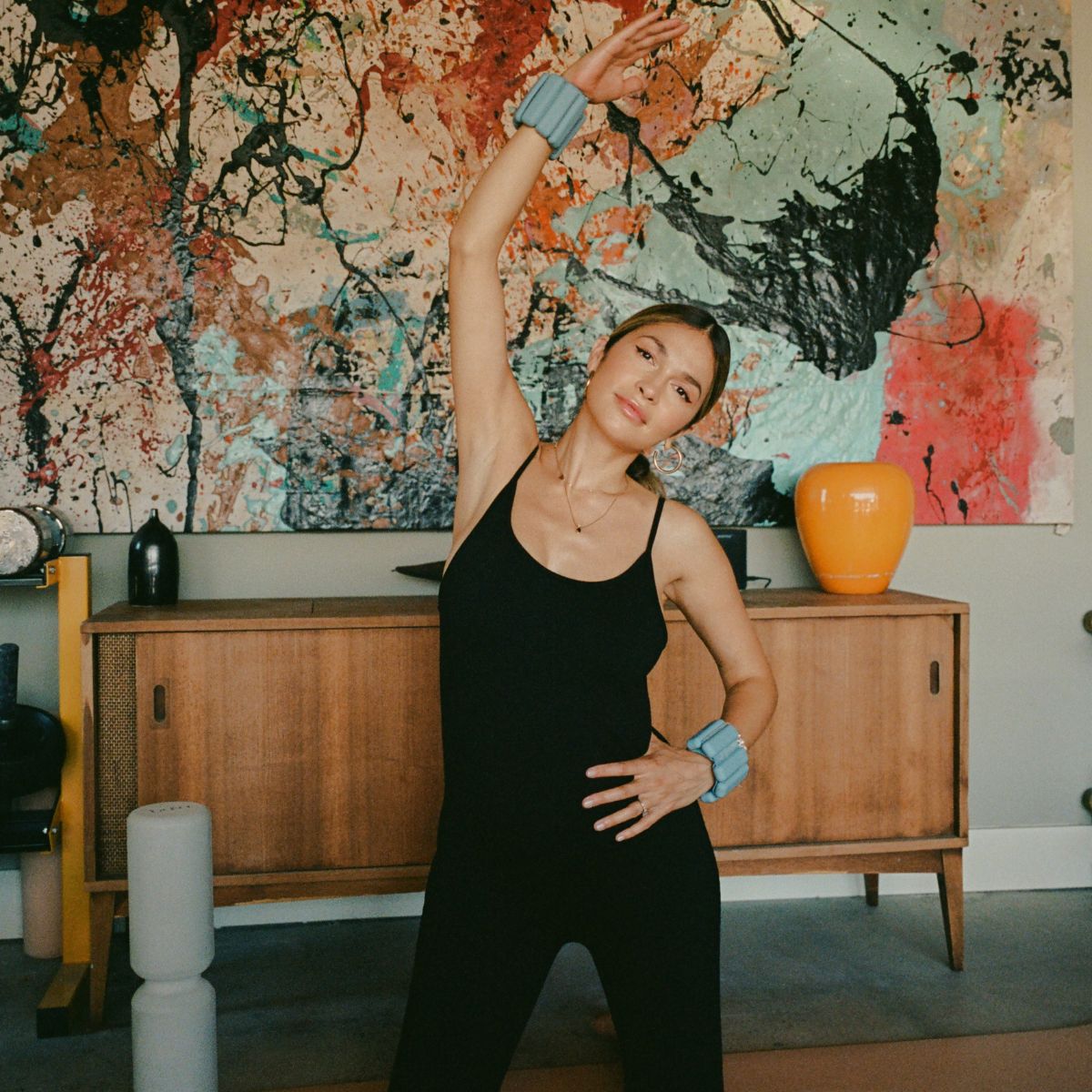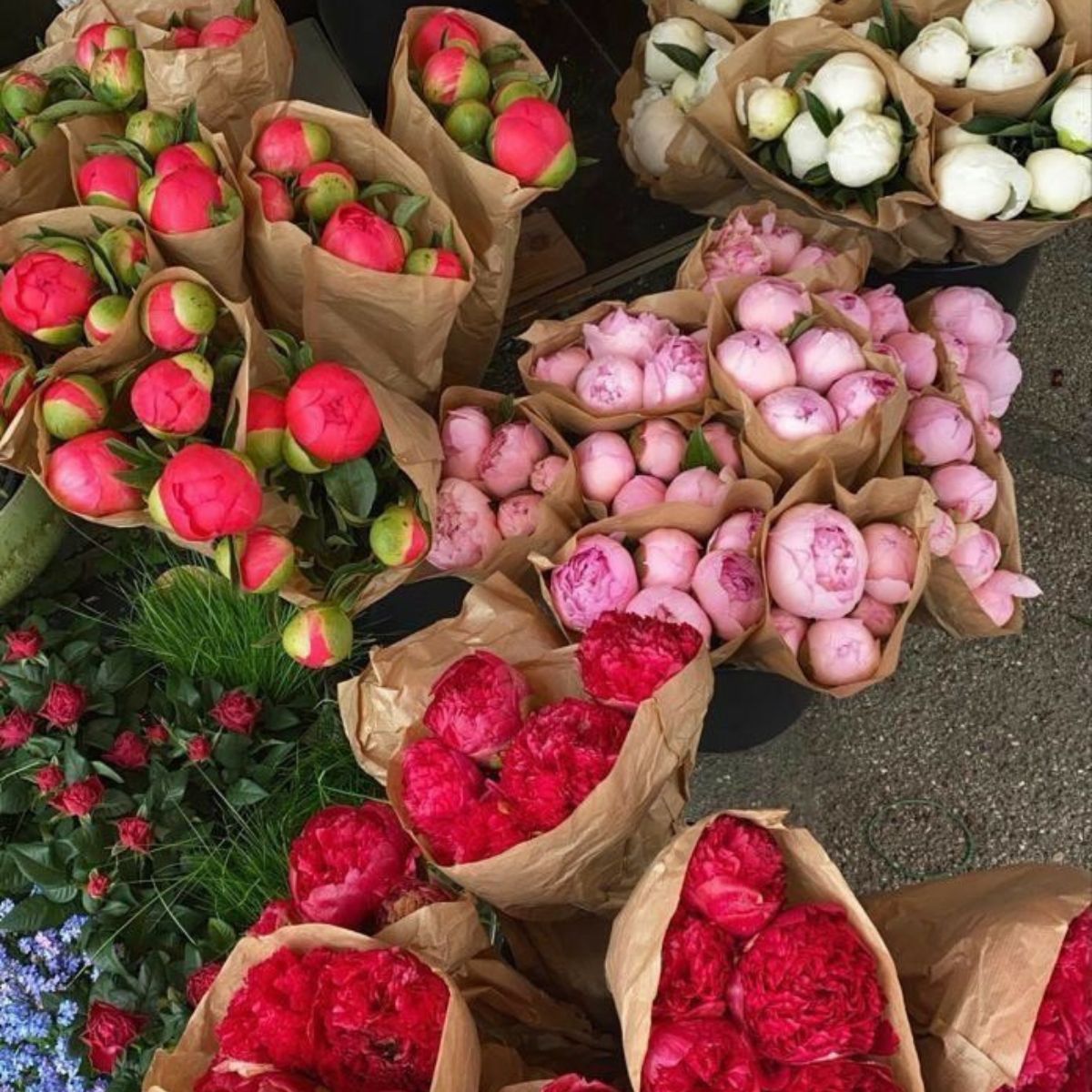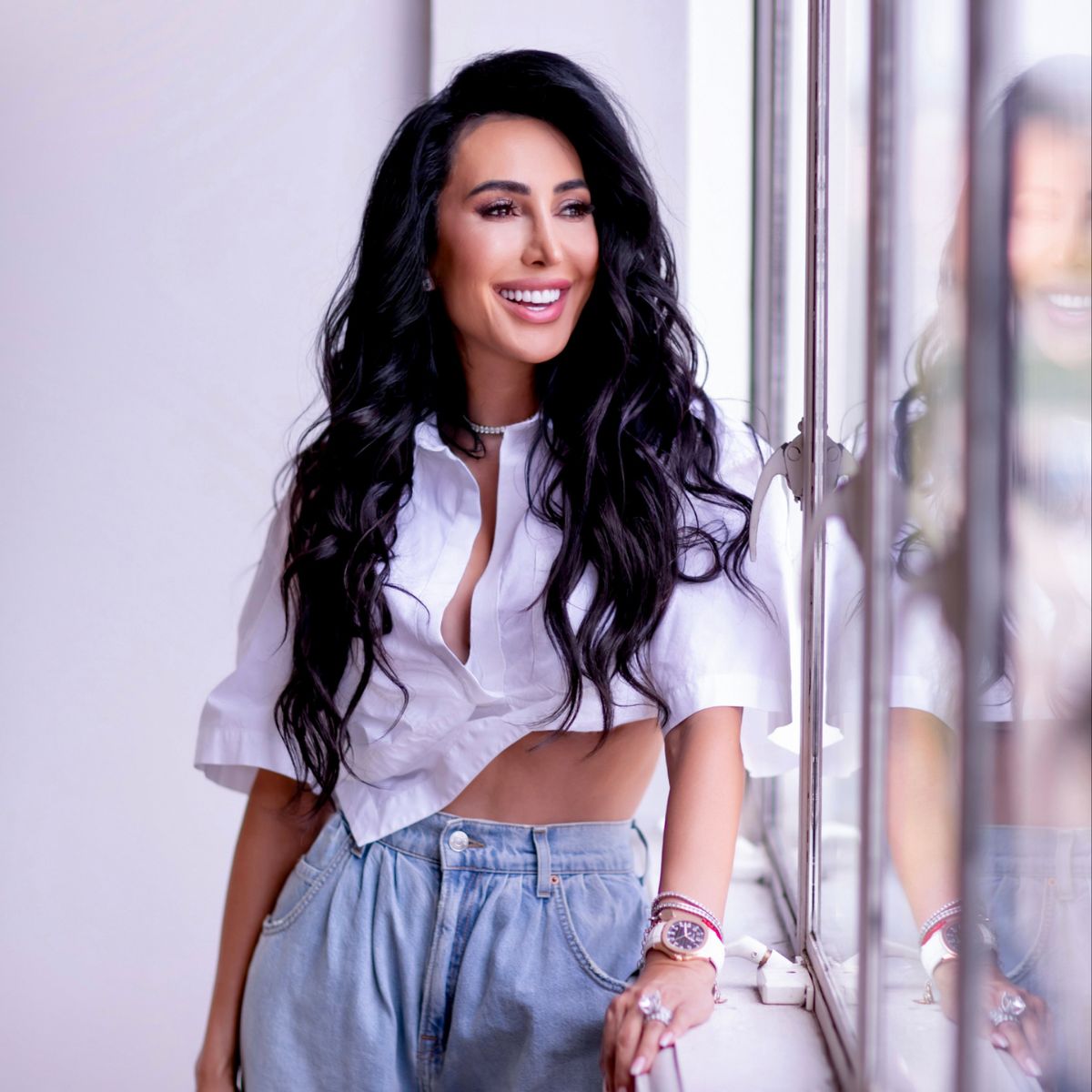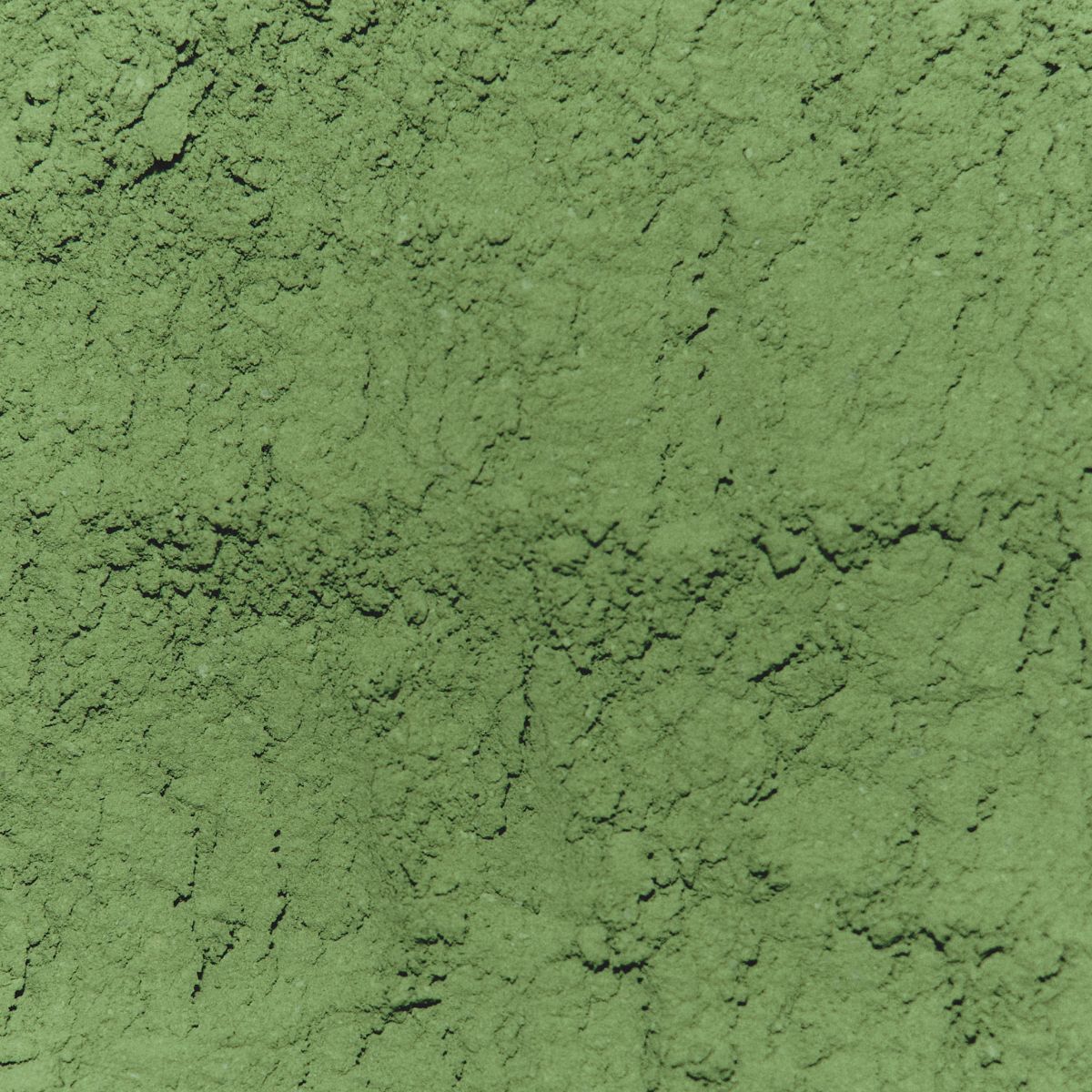Podcast
Tools for Ditching the Toxins, Detoxing Properly and Reclaiming Your Health
with Dr. Wendie Trubow
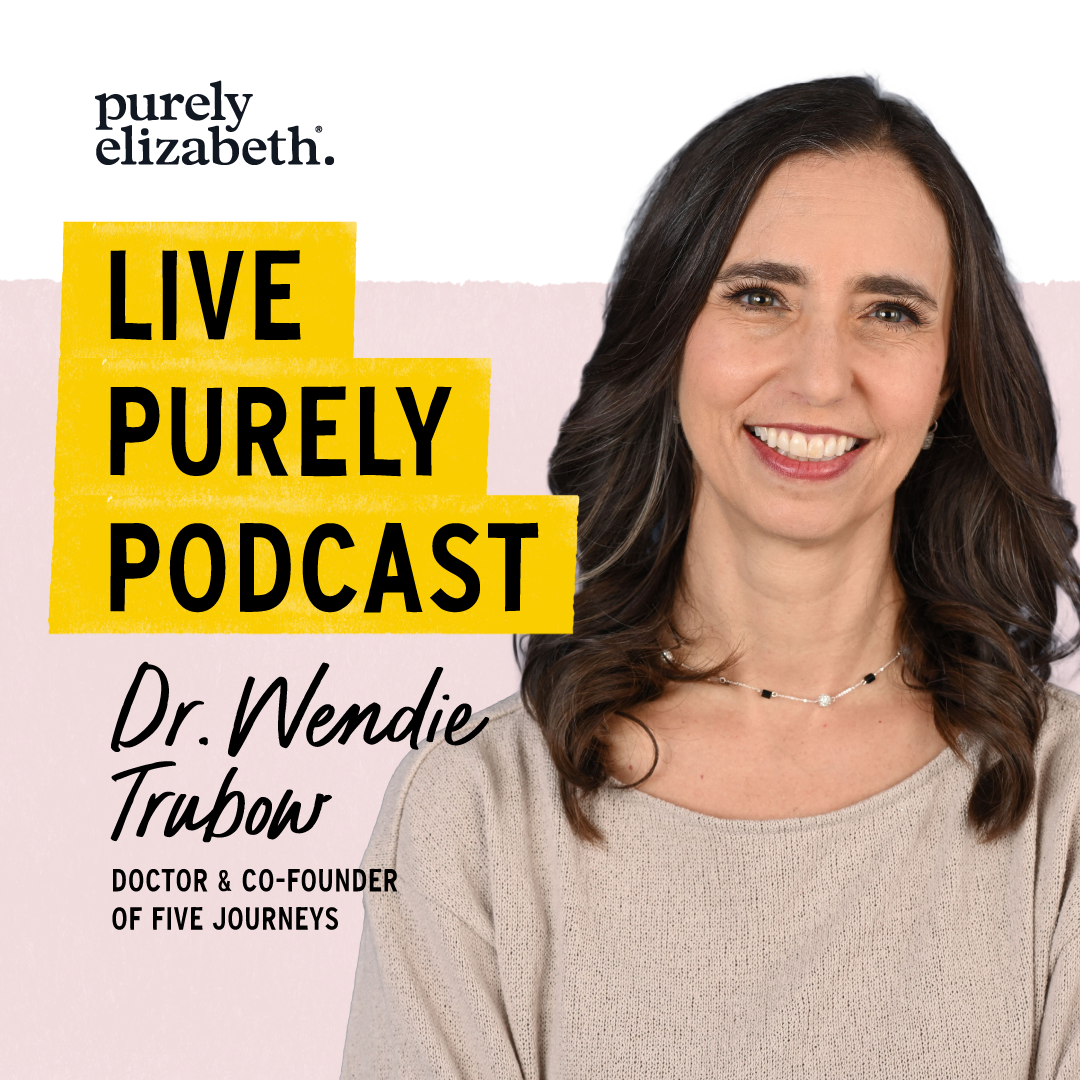
We’re keeping it clean and toxin-free as Elizabeth is joined by Dr. Wendie Trubow, a functional medicine gynecologist and the co-author of "Dirty Girl: Ditch the Toxins, Look Great, and Feel Freaking Amazing." Dr. Wendie shares her personal journey to becoming a functional medicine practitioner after struggling with a variety of health issues, including celiac disease, mold and metal toxicity, and other chronic conditions. She talks about the importance of understanding the different types of toxins that can enter the body through food, personal care products, and the environment, and how these toxins can accumulate and impact overall health. Dr. Wendie also shares some great ways to lessen your toxic load, why it’s important to focus on foundational health before doing a big detox, and the Five Pathways that we can use as pillars for our own optimal wellness.
You may also like
Mix & Match



